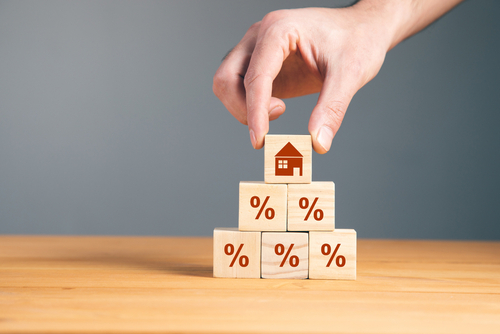Industry anger with stamp duty has flared up again with reports that revenues are set to overshoot 2013 estimates and rise another 50% in the next five years.
With revenues on course to hit the previous pre-crisis record of £6.7 billion this year, that would take the total revenues to £10 billion by 2018.
The CML has condemned stamp duty as a "badly designed tax in so many ways" that requires long-overdue reform.
This follows forecasts that it will generate tax revenues this yer close to the previous peak of £6.7 billion, reached in 2007/08, despite a sharp drop in transactions since that pre-crisis year.
The anticipated one million transactions in 2013 are well below the 1.6 million seen in 2007, yet the stamp duty take will be roughly the same.
And it will be far higher than the £5.9 billion worth of revenues anticipated by the Office for Budget Responsibility as recently as March, thanks to the pick-up in housing activity.
The CML has accused stamp duty of causing market distortions, encouraging inefficient use of scarce housing stock, and reinforcing the problems caused by an acute shortage of supply.
It said it also conflicts with measures like Help to Buy, which seeks to help borrowers who can afford regular mortgage payments but struggle with the up-front transaction costs.
Nearly half of first-time buyers in London already pay higher rate stamp duty. While hopes are rising that the tax will be reformed in Scotland and Wales, that will have little effect on the UK, because more than 94% of residential stamp duty is now paid by English home-buyers.
Ben Thompson, managing director of Legal & General Mortgage Club, said stamp duty creates a "vicious circle" of fewer homes and higher demand. "It is creating a significant blockage in the housing market. Pre-crisis, stamp duty was much lower, allowing those who already owned a house to use the equity from its sale to cover the levies.
"Given the increased fees and more recent market depression, this is no longer the case.
"Second steppers can therefore find themselves stuck in their current homes, causing a shortage of properties suitable for first time buyers.
"This creates a vicious circle of fewer homes and more demand pushing prices up.
"A review of stamp duty, coupled with the increased supply of appropriate housing in key areas of the UK, is needed to ensure homeownership is an affordable dream.”











Comments